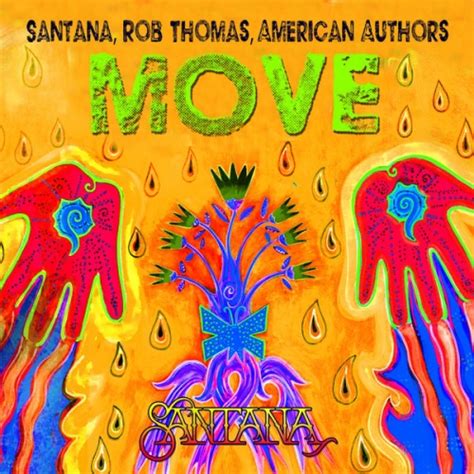A Quote by Indira Gandhi
Poverty assumes so many aspects here in India. There aren't only the poor that you see in the cities, there are the poor among the tribes, the poor who live in the forest, the poor who live on the mountains. Should we ignore them as long as the poor in the cities are better off? And better off with reference to what? To what people wanted ten years ago? Then it seemed like so much. Today it's no longer so much.
Related Quotes
When you live in a poor neighborhood, you are living in an area where you have poor schools. When you have poor schools, you have poor teachers. When you have poor teachers, you get a poor education. When you get a poor education, you can only work in a poor-paying job. And that poor-paying job enables you to live again in a poor neighborhood. So, it's a very vicious cycle.
One of the reasons inequality gets so deep in this country is that everyone wants to be rich. That's the American ideal. Poor people don't like talking about poverty because even though they might live in the projects surrounded by other poor people and have, like, ten dollars in the bank, they don't like to think of themselves as poor.
One of the reasons inequality gets so deep in this country is that everyone wants to be rich. That's the American ideal. Poor people don't like talking about poverty because even though they might live in the projects surrounded by other poor people and have, like, ten dollars in the bank they don't like to think of themselves as poor.
One of the most durable successes of the war on poverty was to dramatically reduce the number of elderly poor in America. That's still true today. But, by contrast, child poverty has shot up over the last few years: A decade ago, about 16 percent of children in America were poor - which is a shockingly high percentage. But it's not as shocking as today, when we see that 22 percent of kids live in poverty.
It is easy to say that there are the rich and the poor, and so something should be done. But in history, there are always the rich and the poor. If the poor were not as poor, we would still call them the poor. I mean, whoever has less can be called the poor. You will always have the 10% that have less and the 10% that have the most.
Somehow, the fact that more poor people are on welfare, receiving more generous payments, does not seem to have made this country a nice place to live - not even for the poor on welfare, whose condition seems not noticeably better than when they were poor and off welfare. Something appears to have gone wrong; a liberal and compassionate social policy has bred all sorts of unanticipated and perverse consequences.
Poor people are bonsai people. There is nothing wrong in their seeds. Simply, society never gave them the base to grow on. All it needs to get the poor people out of poverty for us to create an enabling environment for them. Once the poor can unleash their energy and creativity, poverty will disappear very quickly.










































